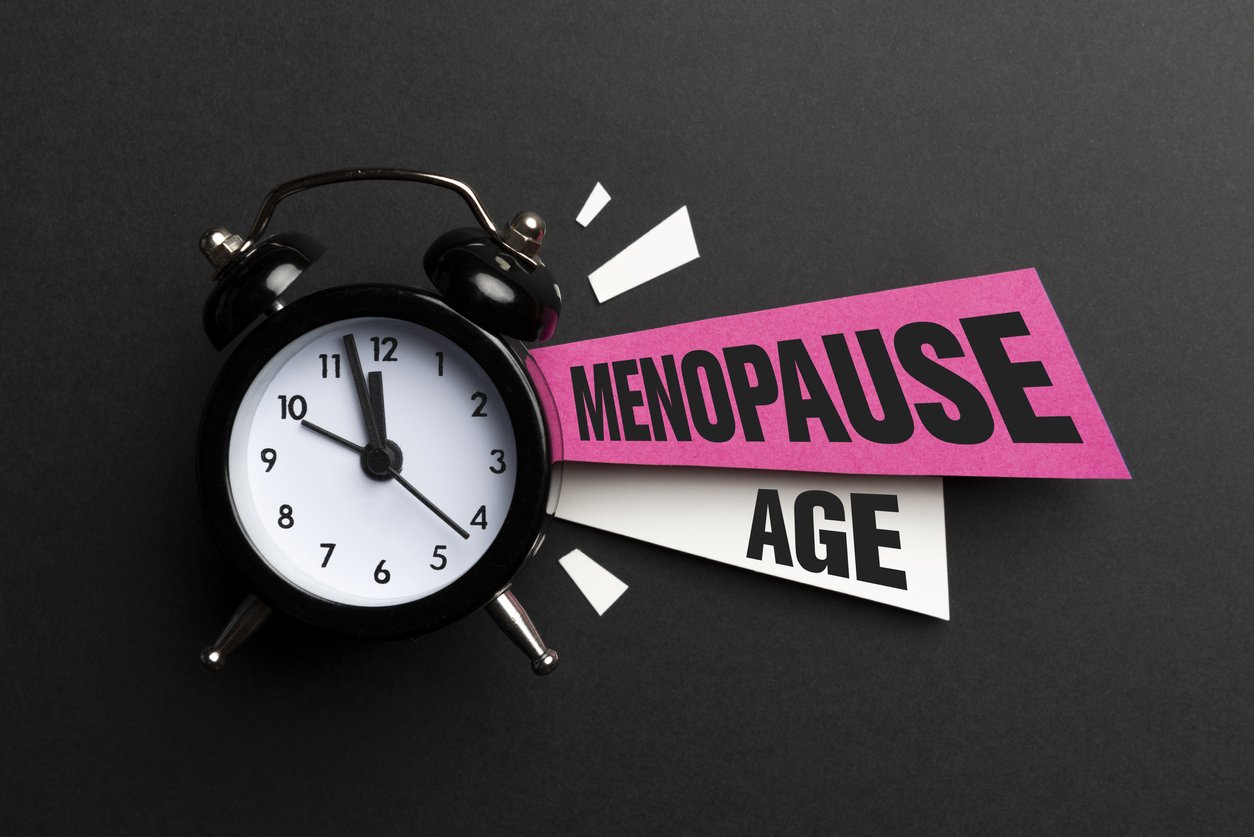The menopause can bring on a range of unfortunate mental symptoms that can make us feel like our brain has left us altogether. Words evade us, we forget what we were told just a few minutes ago and focusing on anything seems impossible.
The hormone oestrogen, which falls dramatically during this period plays a fundamental part in our cognitive function. It’s responsible for maintaining body temperature and boosts the way cells communicate with each other by increasing the number of connections between them.
But what’s encouraging is that treatments such as HRT have been shown to alleviate these symptoms, and the most extreme of symptoms are gradually improve with time anyway.
Try not to worry, you’re not on the early onset of Alzheimer’s and what you’re experiencing is perfectly normal for many going through the transition. A lot of women panic and fret most about the change in their brain function and it’s comforting to know that what you’re going through is common and can be treated.
Here are some of the most common cognitive issues during the menopause:
-
Forgetfulness
The fluctuation of oestrogen can cause occasional lapses in memory, at times your short-term memory may feel non-existent.
-
Brain Fog
Equally as exasperating as forgetfulness, that awful feeling of fuzziness and cloudiness in our brain that makes even the most simple thought seem impossible is a common occurrence with the menopause.
-
Mood swings
Eileen Durward explains that mood swings are not a reflection of our personal disposition, but rather an unpleasant side-effect of the fluctuating serotonin levels. (via Avogel)
Our hormone decline doesn’t follow a linear path, they yo-yo all the way down. This makes serotonin levels volatile. When they’re high so is your mood and vice versa.
-
Poor concentration
Hormones are often to blame for cognitive impairment when it comes to the menopause due to their association with neurotransmitters. But there’s a whole range of indirect symptoms that makes difficulty concentrating hard to avoid.
Tiredness due to a poor night’s sleep and the increased stress because we’re not feeling or performing our best may cause restlessness in our mind and make sitting down to complete a task difficult.
-
Mental alertness
The ability to respond to a problem and think things through thoroughly is often something we take for granted. Whether it’s a witty comeback to friends or managing a colleague’s requests at work, being alert and thinking quickly on our feet is an essential skill for day to day life.
The menopause can wreak havoc on this ability. Thoughts become sluggish and it’s hard to think on our feet, or even think a cohesive thought at all at times.
-
Depression
An unfortunate reality of the menopause is that depression is extremely common. While falling oestrogen levels may not be directly linked to depression, we’re certainly more at risk to the illness during the transition.
-
Anxiety
During the menopause, many women suffer horribly with anxiety. Television presenter Ulrika Jonsson remarked the menopause gave her, “unimaginable anxiety” which made her feel like her “head was going to explode”.
Activities or events that we once wouldn’t be phased about may cause a tremendous amount anxiety that’s completely disproportionate to the importance of what we’re dreading.
-
Absentmindedness
Thoughts may become sluggish and at times your brain may feel completely empty. You may feel like you’re stuck in a perpetual rut of writer’s block that extends to speaking and communicating your ideas. It’s perfectly normal to go through a period where you feel less sharp than your usual self.
What to do?
Firstly it’s important not to panic. It’s normal to feel like your brain isn’t the best during menopause, the most extreme symptoms are most likely temporary.
You may be interested to know that we’re hosting an event on June 13th, in London covering all things menopause, sex and happiness. It’s 100% free and all attendees get goody bags worth £40! Click the banner below to reserve your place!
While symptoms will get better over time, HRT has been shown to significantly help most symptoms of the menopause including brain fog, depression and forgetfulness. Consult your doctor to talk about possible HRT options.
For those unable to take HRT there are alternative remedies that have been shown to work. St John’s Wort, Black Cohosh, Magnesium and Fish Oil have all been shown to improve symptoms.
For more guidance, see our useful links below or message menopause specialist, Kathy Abernethy through our free contact form.






